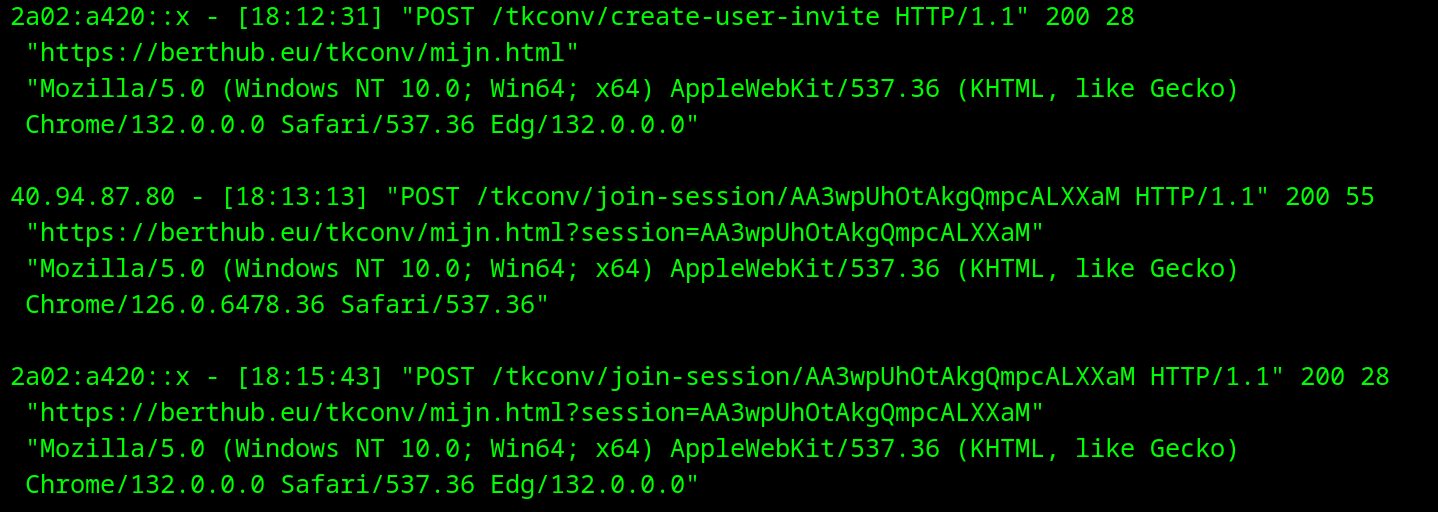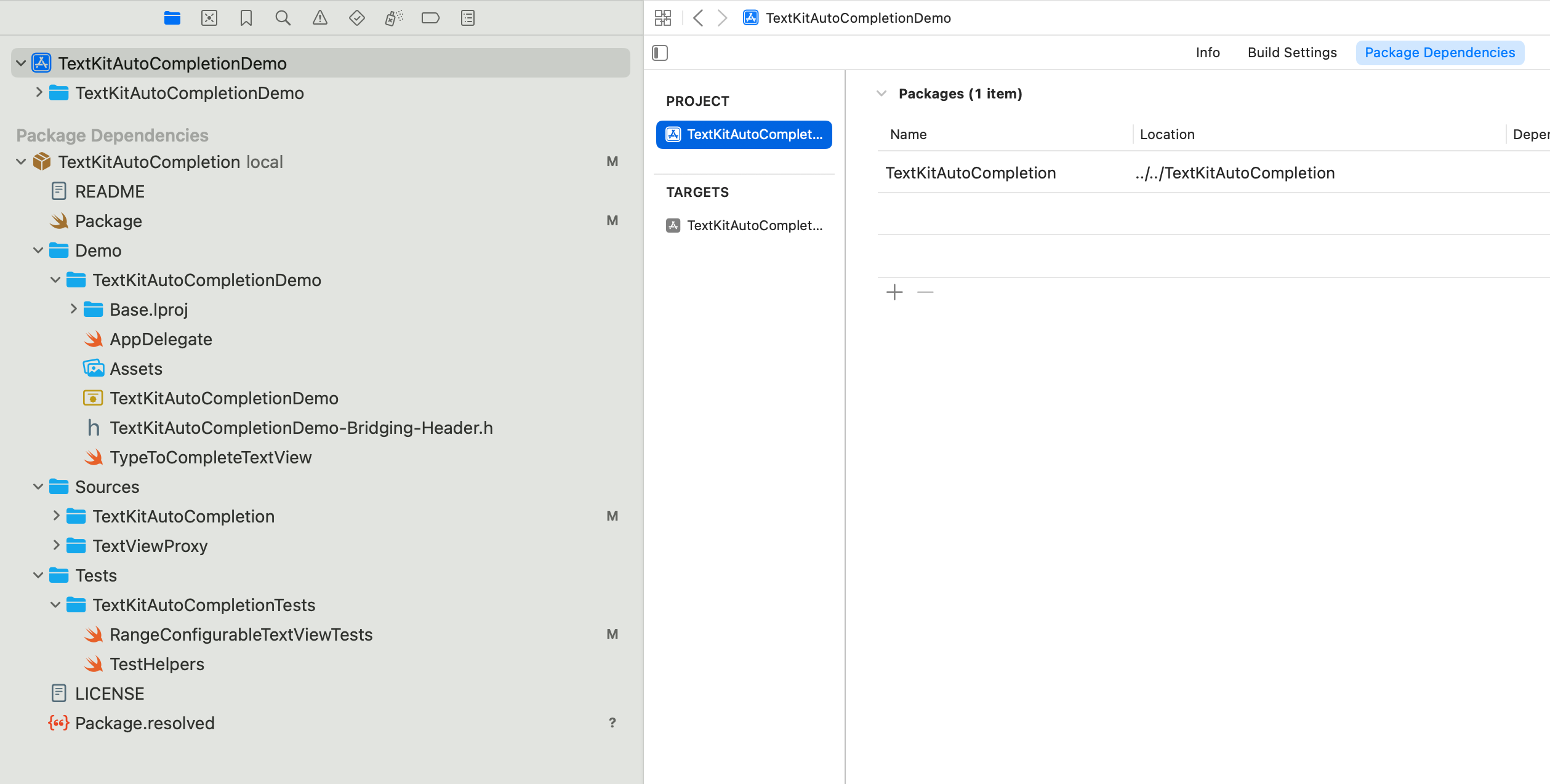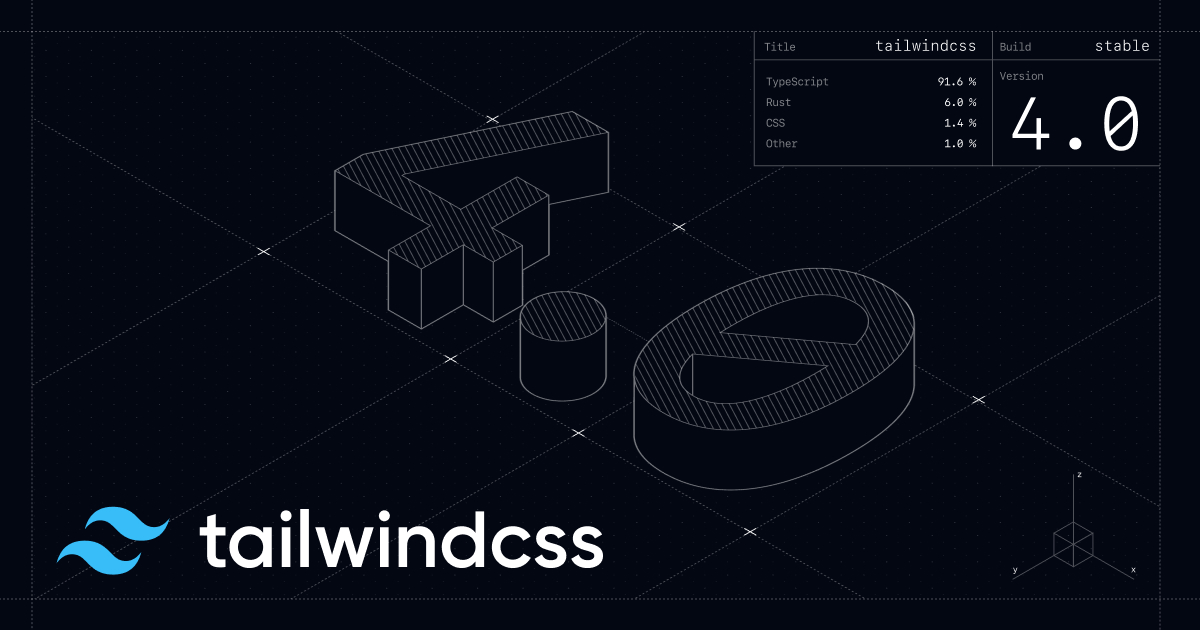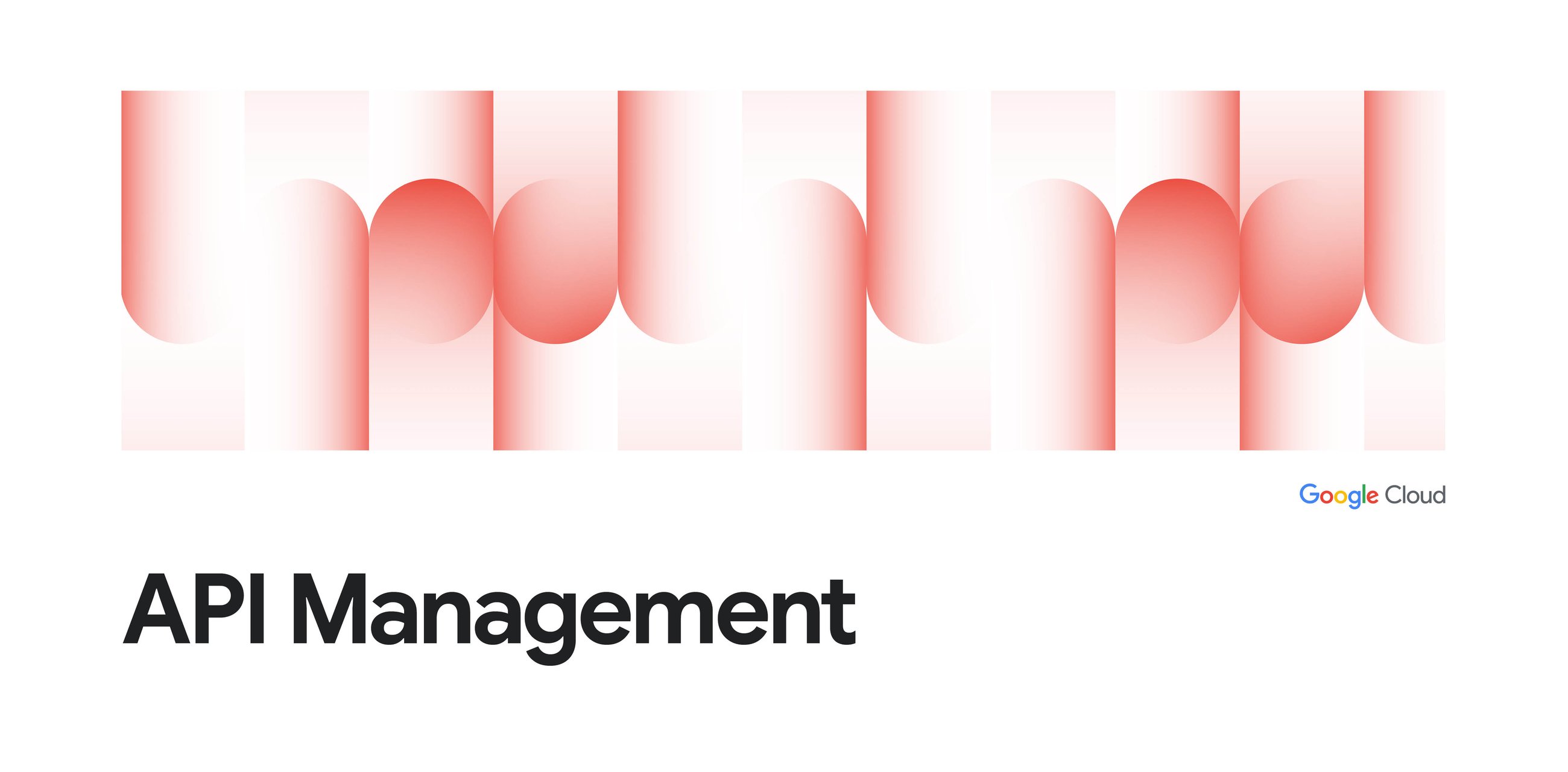Vim's Rebirth After the Passing of its Founder
The death of Bram Moolenaar, Vim's creator, shook the community. However, the project continues under the stewardship of Christian Brabandt. The team tackled website modernization, security updates, and new feature development, including XDG directory support and Wayland support. While controversies, such as Tree-sitter integration, exist, the Vim community remains active and dedicated to the project's future.










